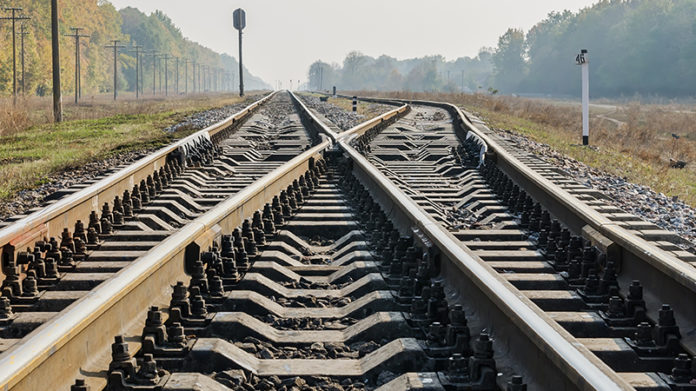
TRANSNET has effectively admitted it cannot cope with the vandalism affecting its operations on the Richards Bay coal line as well as the impact of legal issues over locomotive acquisition and maintenance contracts.
As a result it is looking to declare ‘force majeure’ on its take-or-pay’ contracts with the coal exporters using the Richards Bay Coal Terminal (RBCT) because of its “… inability to perform services at its stated system capacity”.
This follows an appalling performance by Transnet during 2021 when coal exports through the RBCT slumped to 58.72 million tons (Mt) – the worse since 1996 – because Transnet was unable to shift all the contracted coal. The RBCT terminal was looking to export 77Mt of coal last year which is Transnet’s stated railage capacity.
The reasons cited by Transnet for last year’s shortfall included legal proceedings relating to the irregular locomotive acquisition and maintenance contracts which were hampering Transnet’s ability to source spares along with “rife vandalism” on the coal line. That vandalism mainly concerns cable theft.
According to an announcement by Thungela Resources, Transnet has now notified the coal export parties (CEPs) that these factors “continue and are beyond its reasonable control”.
Thungela added: “Transnet believes these circumstances will continue to detract from its ability to perform for at least the next six months and that accordingly Transnet is under force majeure.
“Transnet’s view is that the continued impact and duration of these factors actuate a termination right and expressed a desire to exercise this right to terminate the agreement.”
Under the take-or-pay contracts the coal exporters are penalised if they do not have contracted volumes of coal ready to be railed on schedule and Transnet gets penalised if it does not provide the trains to rail that coal as contracted.
Transnet’s underperformance is continuing despite efforts by the coal exporters to help it improve security along the 750km long coal railway line and also despite optimistic comments made in January by RBCT, CEO Alan Waller.
He commented: “We have worked together on security issues and the process kicked off on October last year. We have definitely seen some gains and the true gains we have only started seeing now in January”.
Transnet’s failures will penalise both the coal exporters and the South African economy as a whole by reducing coal export volumes at a time when coal prices are soaring internationally because of the global energy crunch.
According to Argus-McCloskey statistics, the AP14 coal price FOB (free-on-board) from Richards Bay hit levels north of $300/t for April which is nearly treble the levels ruling in January this year.
Thungela stated that the CEPs are “engaging actively with Transnet to clarify the contractual position and ensure the stability of coal deliveries to the RBCT in order to take advantage of the current strong market demand for South African coal”.
Thungela’s overall assessment of the situation seems pretty sanguine as it comments that Transnet has “re-affirmed its commitment to the existing material commercial terms and it is therefore unlikely that these developments would have any material commercial impact on Thungela”.
In a research note RMB/Morgan Stanley commented that: “We think a negotiated outcome is plausible, in which the coal companies potentially agree to modify their claims under the take or pay contracts”.











